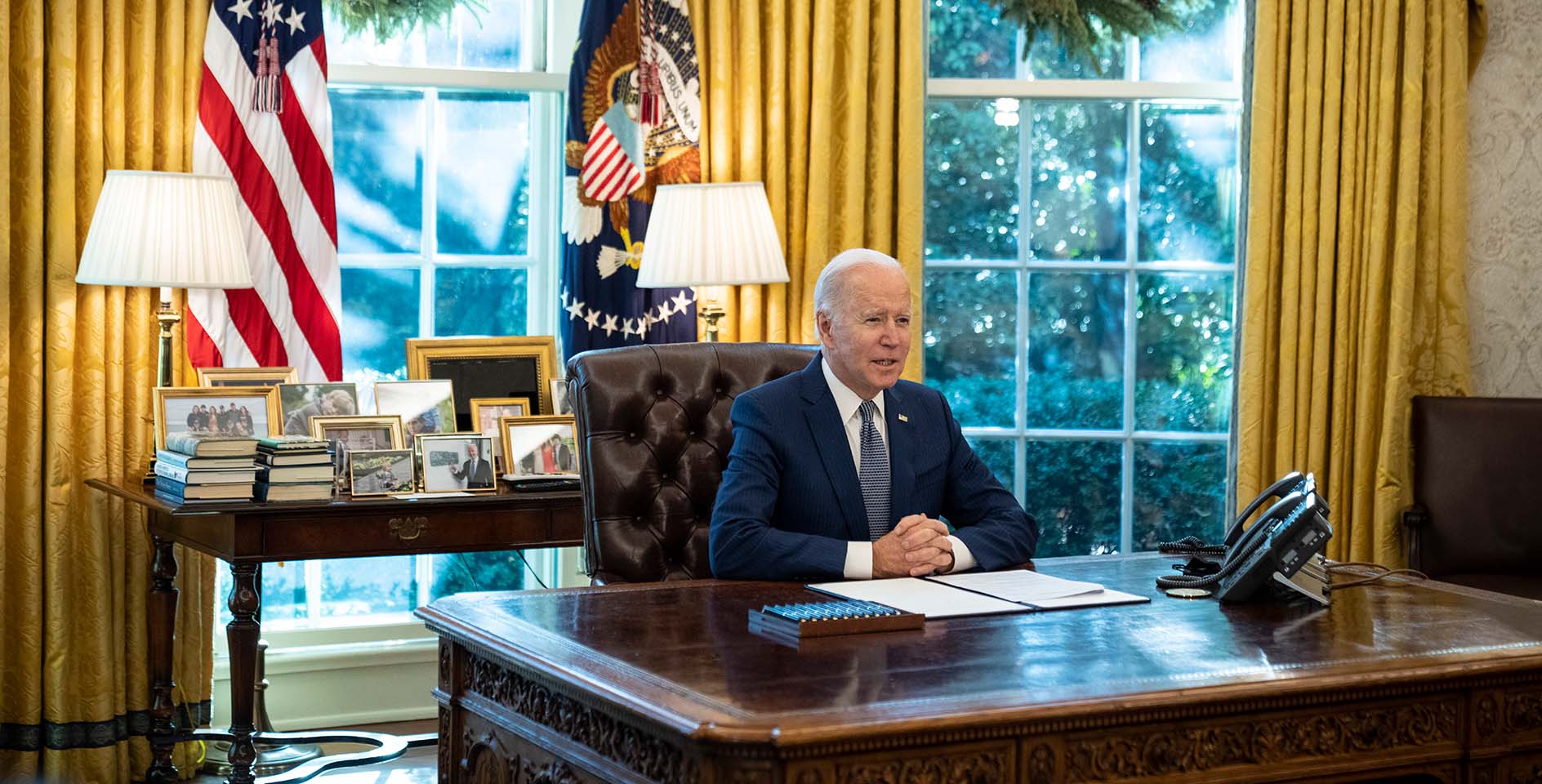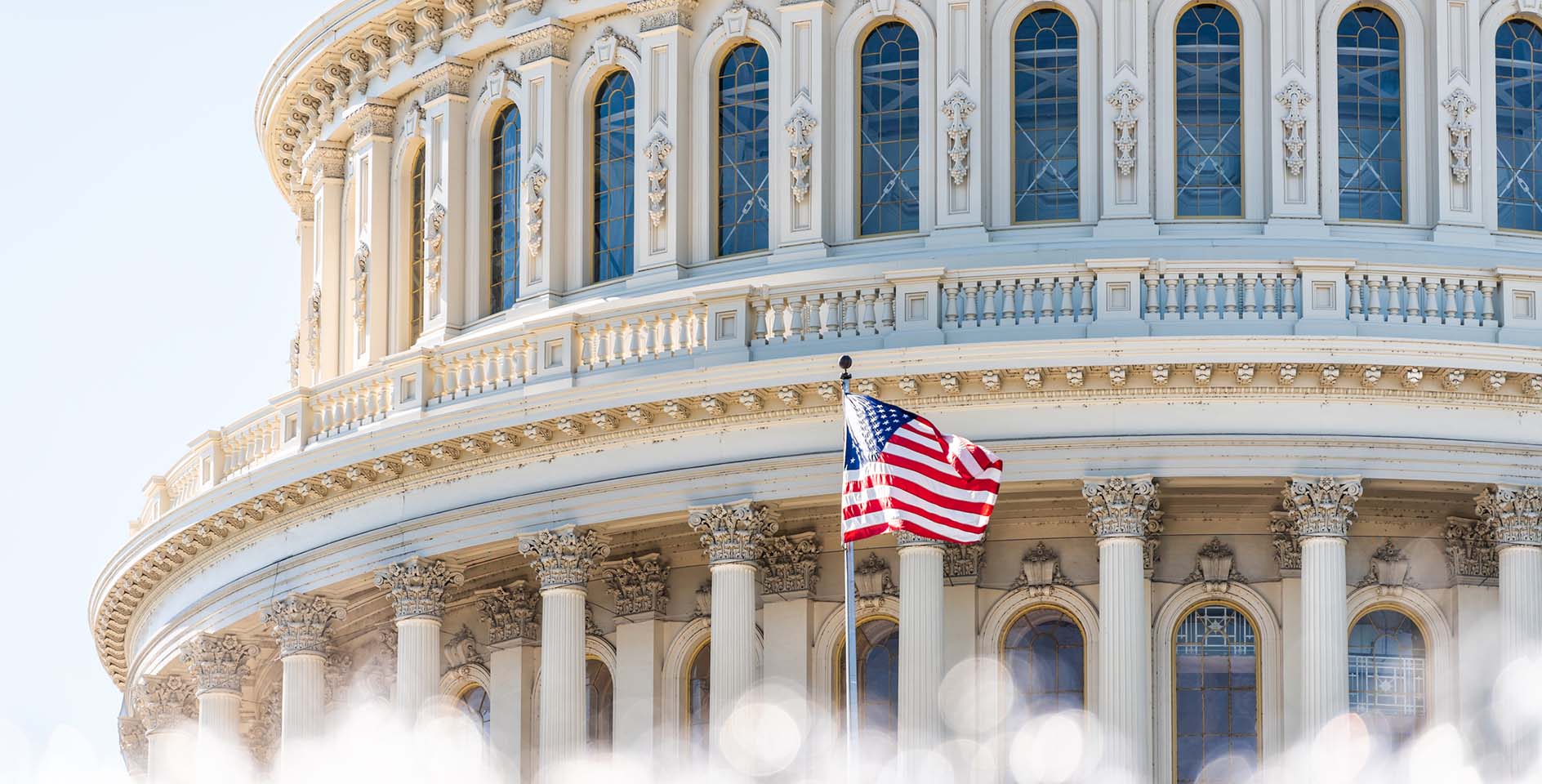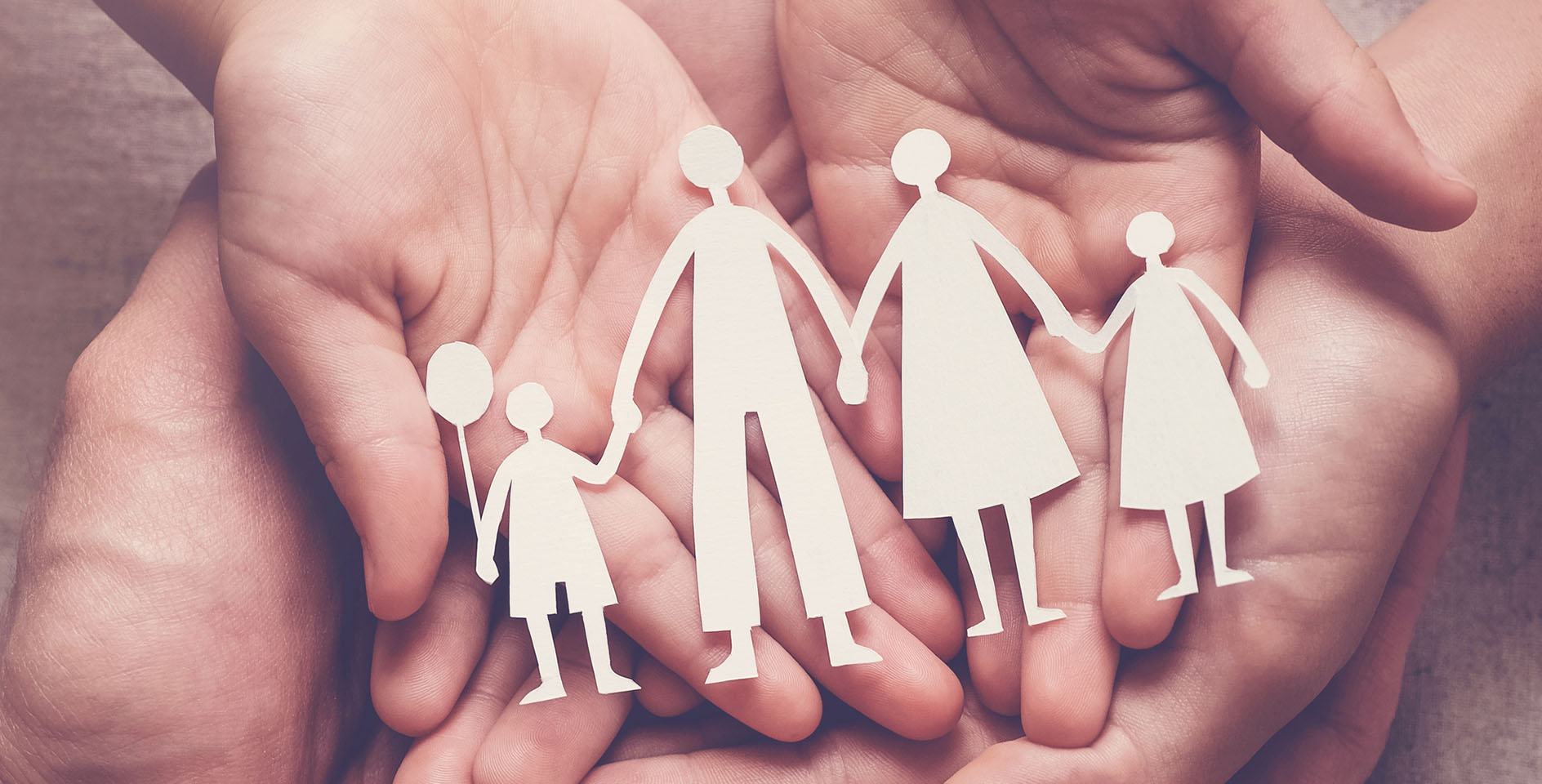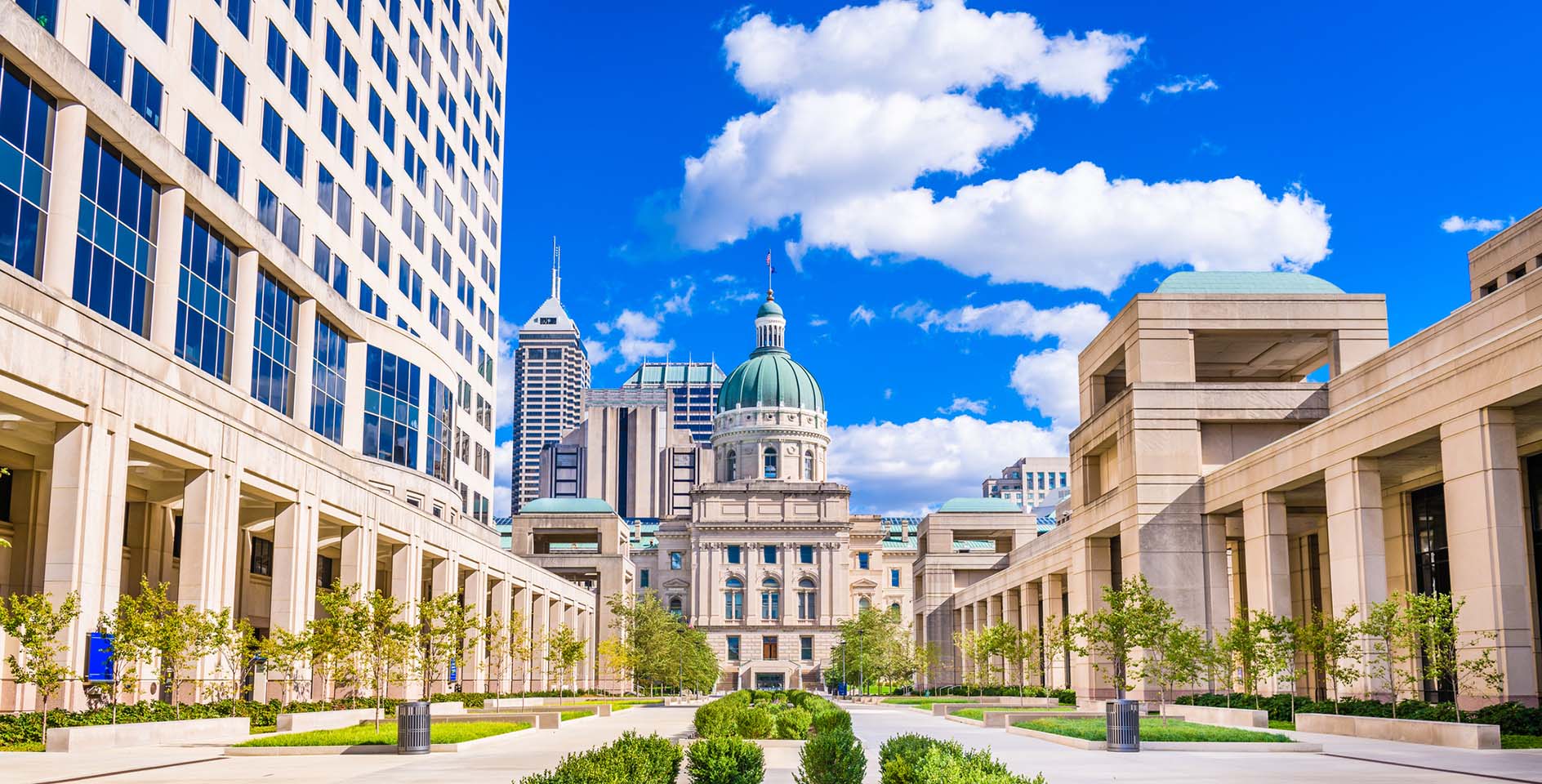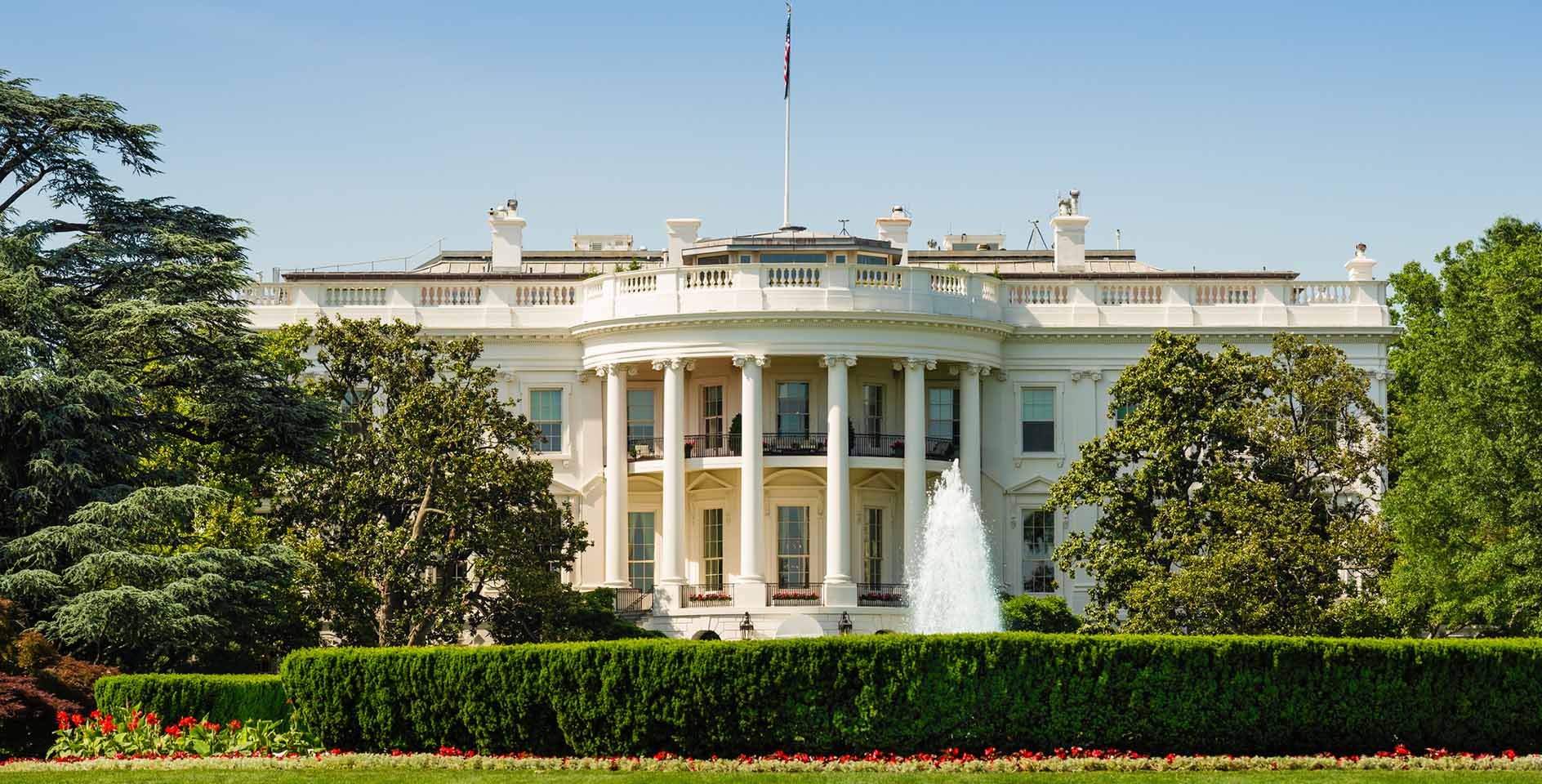November is National Adoption Month. An important aspect of child welfare is the policies that govern how we care for the nation’s and world’s most vulnerable. Child welfare is one of the ERLC’s top priorities, and we regularly work with like-minded partners, Capitol Hill, and the administration to ensure that every child has a safe, permanent, and loving family.
Below are some of the child welfare policies the ERLC has been working on.
Adoptee Citizenship Act
Prior to the Child Citizenship Act of 2000, the administrative steps required of families adopting internationally were unnecessarily burdensome. The process included applying for and moving through a lengthy naturalization process for their children, in addition to the lengthy and costly adoption process. The Child Citizenship Act of 2000 granted automatic citizenship to all foreign-born children brought to the United States who had at least one parent who was a U.S. citizen. Unfortunately, that act only applied to adoptees under the age of 18 when the bill was enacted, leaving an entire population of adopted children without full U.S. citizenship.
The Adoptee Citizenship Act closes the loophole to provide immediate citizenship to these children already adopted by U.S. citizens yet left out of the previous bill. This bill solves the innumerable problems these adopted Americans have had to endure in attending college, accessing banking services, or starting their careers because of a lack of citizenship. This bill provides equity to these children because they should have every legal right of any other child of a U.S. citizen.
One Pager: Adoptee Citizenship Act
Explainer: Adoptee Citizenship Act
Fulton v. Philadelphia
In Philadelphia, Catholic Social Services (CSS) has cared for children and families in need for over 200 years. Then in 2018, a reporter from the Philadelphia Inquirer informed the City of Philadelphia’s Department of Human Services that two of its private foster care agencies, including Catholic Social Services (CSS), would not work with same-sex couples as foster parents. The city investigated the allegation, which it considered a violation of the city’s anti-discrimination laws.
When the agencies confirmed that, because of their religious views on marriage, they would not work with gay couples—although no gay couple had ever attempted to partner with CSS—the department ceased referring foster children to them and demanded they change their religious practices or close down their ministries. The Supreme Court has taken up this case, and oral arguments were held on Nov. 4.
The outcome of the case will also reach thousands of faith-affirming foster and adoption agencies across the country. An unfavorable outcome for CSS may force other agencies into a similarly devastating choice to either compromise their deeply-held religious convictions or close down. Should CSS receive a decision from the Supreme Court clarifying their First Amendment protections, they can continue serving Philadelphia during its foster care crisis. Like the City of Brotherly Love, many states face foster family shortages. So, the closing down of faith-affirming foster care agencies is nonsensical and will leave many foster children without the loving homes they urgently need.
With the foster care system burdened by the number of children in need, the government should not hinder the ability of agencies like Catholic Social Services to serve its community simply because of their religious beliefs. When the court decides this case, it is our hope that it not only protects religious liberty but also protects the ability of faith-based groups to continue serving the children in Philadelphia who need safe and loving homes.
Explainer: What you need to know about Fulton v. Philadelphia
Child Welfare Provider Inclusion Act
Across the country, child welfare and child protection systems are overcrowded and under significant strain. It is in this context that some states and cities are working to close those child welfare providers who are seeking to operate in a manner consistent with their religious convictions. This leads to fewer families available for foster care and adoption. The Child Welfare Provider Inclusion Act would prohibit government discrimination against child welfare agencies on the basis of their beliefs, and ultimately protect children in the foster system and children waiting for adoption by ensuring that a wide range of child welfare providers are available to serve them. Although the legislation has yet to become law, the ERLC was pleased to see the Department of Health and Human Services issue a new regulation in November of 2019 requiring its grant programs to adhere to Supreme Court decisions and congressional laws, thus ensuring that religious freedom is not infringed upon by the federal government.
This law would prohibit government discrimination against child welfare agencies on the basis of their religious beliefs. Thus, it would protect children in need as foster systems are overcrowded and under significant strain.
Explainer: The Child Welfare Provider Inclusion Act
Ensuring Intercountry Adoption Remains a Viable Option
In 2019, only 2,971 children were welcomed into families through intercountry adoption. The reasons for this decline vary, from certain countries completely halting their intercountry programs to other countries placing more children in homes domestically. There’s also been a decline in stateside adoption agencies facilitating intercountry adoption, narrowing the options for prospective parents.
Many countries and cultures are becoming more open to domestic foster care and adoption. That is certainly good news, and ought to be encouraged. However, there are still millions of orphans worldwide who long to be raised in a family where they are known and loved instead of remaining a number in an impersonal institution. Intercountry adoption must remain a viable option for welcoming those children into homes, and we must do all we can to facilitate those adoptions. In some countries, especially developing nations, the only chance a child might have at growing up in a safe, loving, permanent home is intercountry. The ERLC is working with like-minded partners and the U.S. Department of State to ensure that intercountry adoption remains a viable option for families and vulnerable children around the world.





